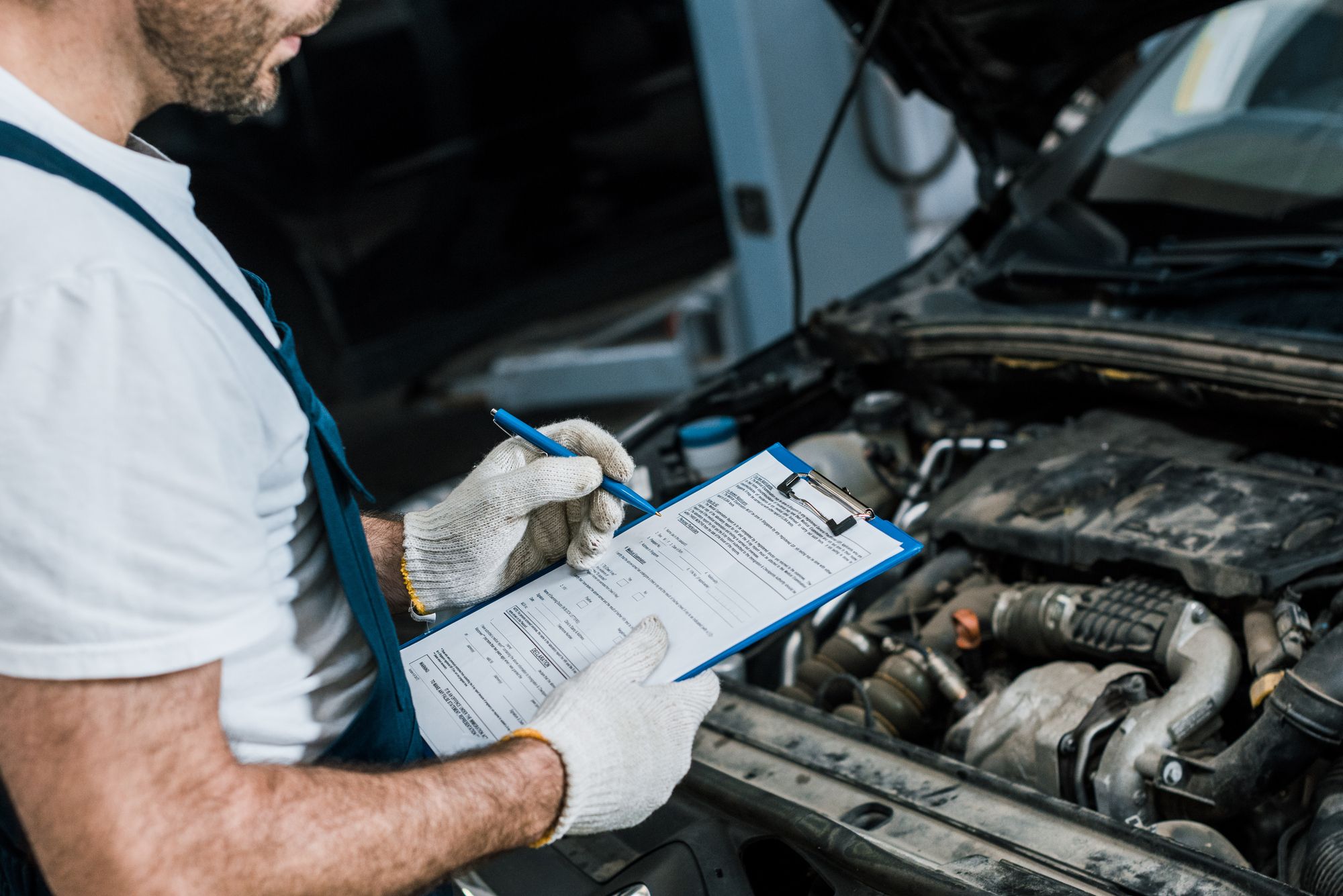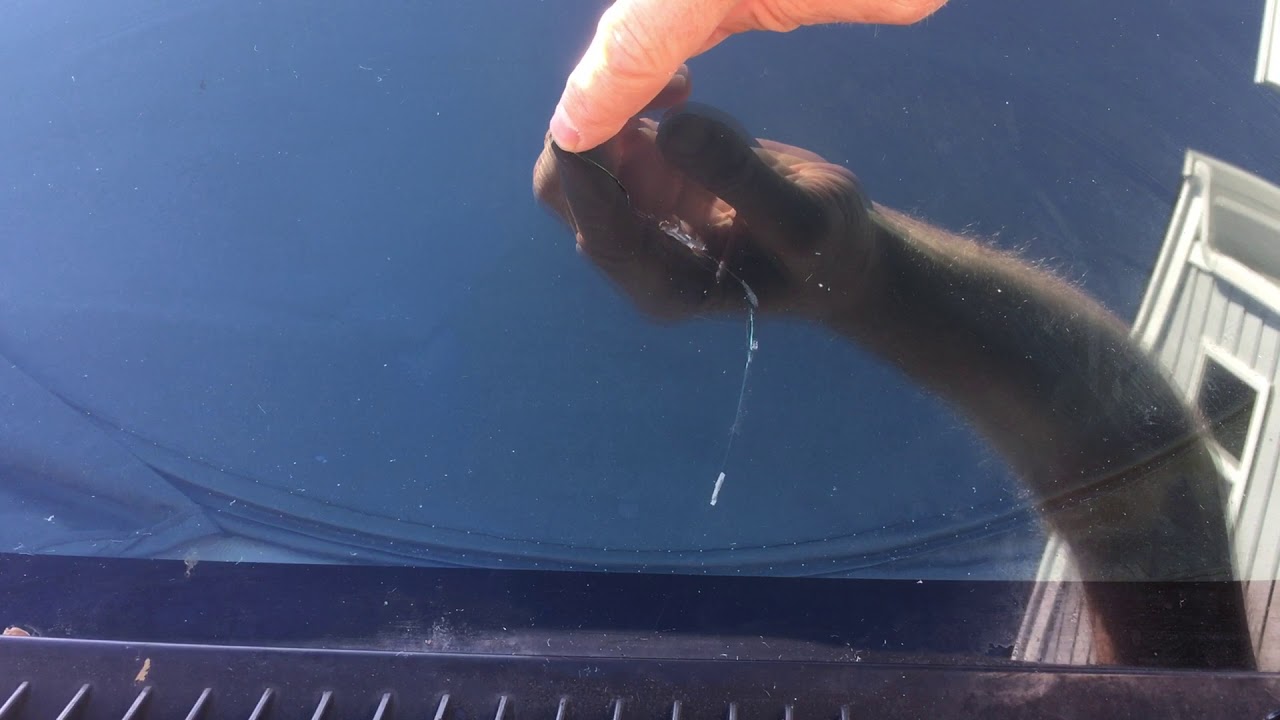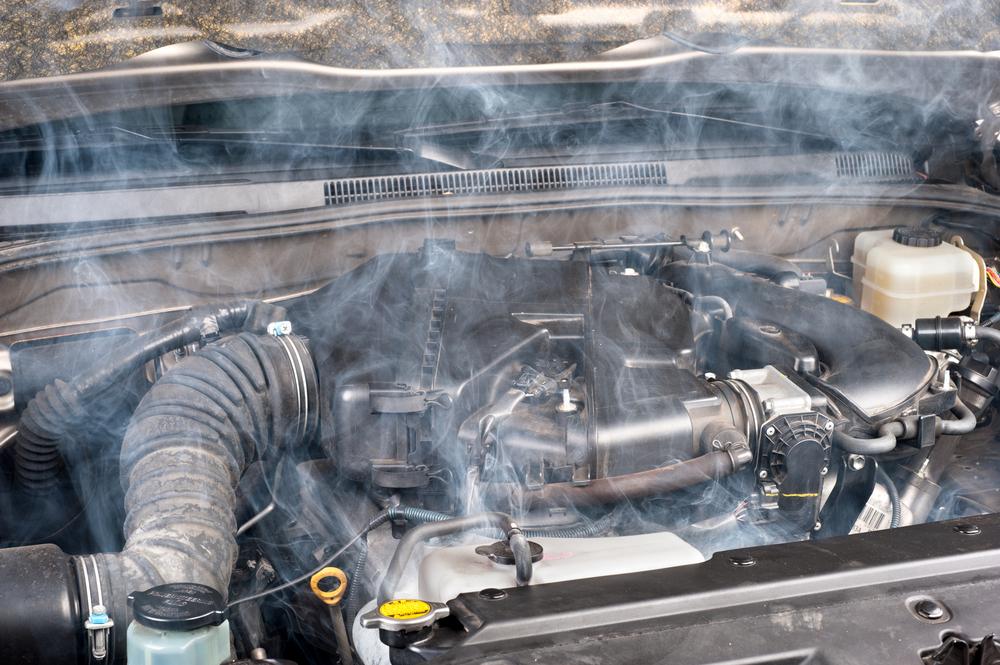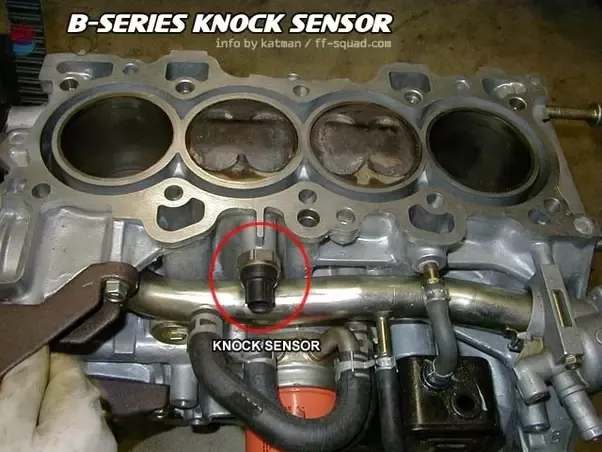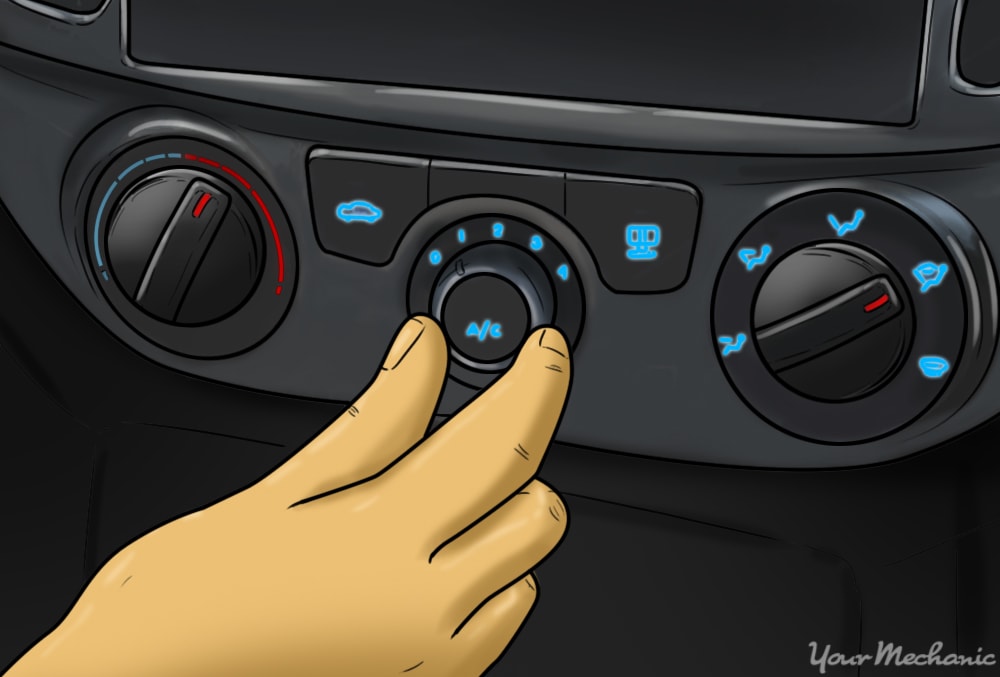How Long Can You Drive With a Bad Abs Sensor
Driving with a bad ABS sensor is not recommended and should be fixed immediately. Continued driving can lead to further vehicle damage and safety risks.
A faulty ABS sensor compromises your vehicle’s anti-lock braking system, which is critical for maintaining control during emergency braking. It’s important to address this issue promptly to ensure the safety of both the driver and passengers. Ignoring a malfunctioning ABS sensor can cause unpredictable vehicle behavior and increase the likelihood of accidents, especially under slippery or sudden-stop scenarios.
Regular maintenance and prompt attention to warning lights on your dashboard are the best measures to prevent driving with impaired safety systems such as the ABS. Remember, your vehicle’s braking performance is essential for safe driving, and a compromised ABS system undermines this vital function. Always prioritize fixing any ABS-related issue to maintain optimal vehicle safety.
The Role Of Abs In Driving Safety
The Anti-lock Braking System (ABS) plays a crucial role in driving safety. ABS prevents wheels from locking during braking. This helps drivers maintain directional control. Understanding how long you can drive with a bad ABS sensor is important.
Fundamentals Of Abs Functionality
ABS helps maintain traction between the tire and the road. It uses speed sensors on each wheel. These sensors monitor wheel speeds. If one locks, the system releases brake pressure. This helps to maintain control during emergency stops.
- Monitors wheel speed: ABS sensors constantly check how fast the wheels are spinning.
- Prevents wheel lock-up: The system reduces brake pressure if it detects a wheel is about to lock.
- Improves steering: Steering control is better with ABS in harsh braking situations.
Impact On Vehicle Control And Braking
With a faulty ABS sensor, the system can’t monitor wheel speed effectively. This can lead to wheel lockup.
| Function | With Good ABS Sensor | With Bad ABS Sensor |
|---|---|---|
| Braking Distance | Optimized for shorter stopping | Potentially increased |
| Vehicle Control | Maintained during braking | Compromised, might lose control |
| Safety | Enhanced by preventing lockups | Reduced, higher risk of skidding |
Continuous driving with a bad ABS sensor puts you at risk. It can result in longer stopping distances. Loss of traction during braking could occur. It’s vital to address any ABS issues promptly.
Identifying A Faulty Abs Sensor
Knowing when an ABS (Anti-lock Braking System) sensor fails is crucial. It ensures your vehicle’s braking system operates correctly. Learn the signs of a bad ABS sensor to stay safe on the road.
Common Symptoms Of Malfunction
A faulty ABS sensor affects your car’s safety. Recognizing the symptoms early prevents more issues. Here’s what to watch for:
- ABS Light: An illuminated ABS warning light on your dashboard signals potential sensor problems.
- Braking Issues: If brakes lock up or you experience uncontrolled braking patterns, check the ABS sensor.
- Speedometer Flaws: A malfunctioning sensor might cause the speedometer to act erratically or not work at all.
Diagnostic Methods
To confirm a sensor’s status, use these diagnostic steps:
- Visual Inspection: Start by looking at the ABS sensor for visible signs of damage or dirt accumulation.
- Error Codes: A car’s onboard computer can provide error codes that point to a specific sensor issue.
- Professional Testing: Mechanics have specialized tools to test sensor function accurately.
Immediate attention is necessary if any of these tests indicate a bad ABS sensor.
Risks Of Ignoring Abs Sensor Issues
Ignoring a faulty ABS sensor can seem like a minor issue. Yet, the risks involved are significant. Understanding these risks is vital for vehicle safety and performance.
Short-term Driving Implications
Doubt often arises about driving with a bad ABS sensor. In the short term, certain risks become apparent. First, ABS warning lights activate on the dashboard. This indicates an issue.
Erratic behavior in braking might also occur. This is dangerous, especially in wet or icy conditions. Your car may take longer to stop or it may skid.
Unpredictable wheel speed readings can emerge. This misleads the ABS system, causing potential lock-ups. In essence, your car’s safety features can’t protect you properly.
Long-term Damage To Vehicle Systems
Driving extended periods with a bad ABS sensor can have serious consequences. Here is what could happen:
- Premature wear of brakes due to inconsistency in application.
- Damage to ABS module from persistent faulty readings.
< /ul>
Costly repairs might follow as other vehicle systems strain to compensate. Fuel efficiency may decline too.
Vehicle valuation decreases over time with such issues. Safeguarding against major repairs enhances your car’s longevity and resale value.
Regular maintenance and addressing ABS sensor problems promptly ensure optimal performance and safety.

Credit: arnoldmotorsupply.com
Estimating Safe Driving Duration
Estimating Safe Driving Duration becomes vital when facing a faulty ABS sensor. Concerns rise about safety. It’s crucial to determine how long you might drive before repairs are needed. Ignore timely fixes, and braking could become unpredictable.
Factors Influencing Drive Time With Bad Abs
- Weather conditions: Poor weather shortens safe driving times.
- Type of drives: City traffic demands more from ABS than open highways.
- Car age: Older vehicles might handle sensor issues less effectively.
- Sensor failure extent: Partial failure allows for more driving than a full failure.
Expert Recommendations
Consult professionals for a thorough diagnosis. They can provide tailored advice. Immediate sensor repair often gets suggested. Prolonged driving with a defective sensor is not advisable due to the increased risk of accident. Proactive maintenance eclipses reactive repairs on safety and cost fronts.
Addressing A Defective Abs Sensor
Your ABS (Anti-lock Braking System) sensor plays a crucial role in your vehicle’s safety. It’s designed to monitor the speed of your wheels and communicate with the ABS to prevent skidding or loss of traction. But what if this sensor goes bad? Understanding the longevity of driving with a malfunctioning ABS sensor can prevent potential accidents and costly repairs down the road.
It’s possible to drive with a bad ABS sensor, but it’s not advisable. Your car’s braking efficiency might diminish, and you may not have the ABS functionality when you need it most – during an emergency stop.
Repair Versus Replacement Options
Determining the right approach between repair or replacement of a bad ABS sensor is vital. The condition of the sensor, cost implications, and the age of your vehicle play important roles in this decision.
- Inspect the sensor: Sometimes it needs cleaning and not replacing.
- Check the wiring: Damaged wiring can mimic sensor failures.
- Compare costs: If the sensor is faulty, a new one may be more economical.
Step-by-step Guide For Sensor Maintenance
Regular maintenance of your ABS sensor can improve its lifespan and keep your vehicle’s braking system effective.
- Locate the sensor on each wheel well.
- Gently clean the sensor using a non-abrasive cleaner.
- Inspect wires for corrosion or damage.
- Test the sensor’s functionality using a diagnostic tool.
- Repeat every six months or as recommended by your vehicle’s manual.
Maintaining your ABS sensor is not just about following a schedule; it’s about ensuring your safety on the road. Proper maintenance helps to avoid the uncertainties of driving with a defective component. If the sensor needs attention, address it promptly to maintain optimal brake performance.
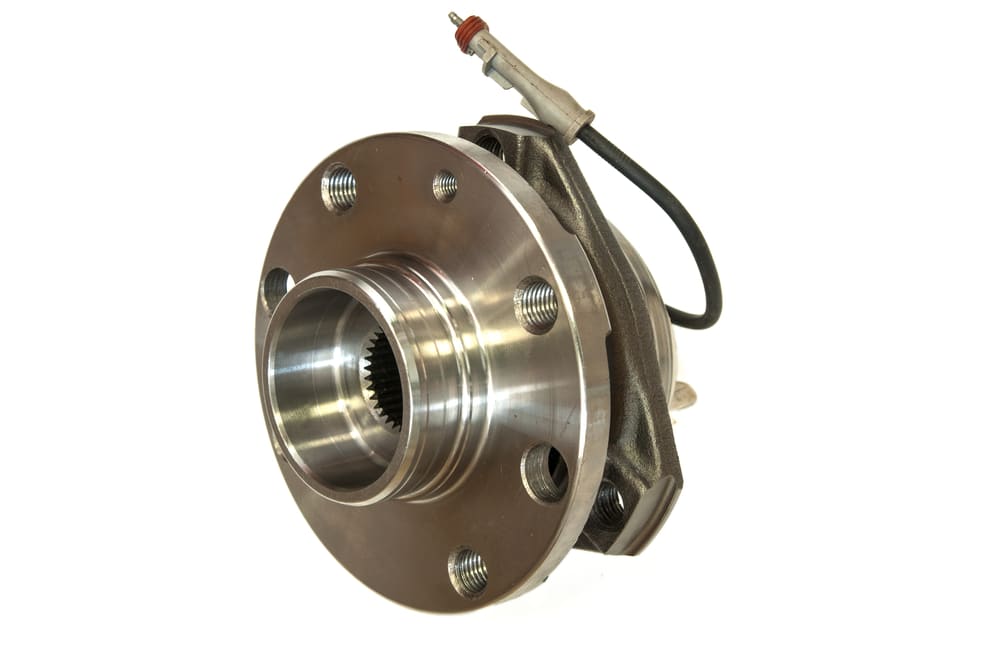
Credit: www.yourmechanic.com
Preventive Measures And Best Practices
Keeping your car’s ABS (Anti-lock Braking System) in check is vital for safety. You might wonder about driving with a bad ABS sensor. It’s risky. Expect unpredictable braking performance. Your best bet is regular maintenance and safe driving. Let’s dive into effective ways to prevent ABS trouble.
Regular Abs System Checks
It’s essential to catch ABS problems early. Stick to a routine check-up plan:
- Inspect sensors: Look for dirt or damage.
- Scan for codes: Use a diagnostic tool regularly.
- Test wires: Ensure connections are secure and intact.
Address issues immediately. This prevents more harm.
Adopting Safe Driving Habits
While tech helps, your driving habits matter too. Practice these for safety:
- Avoid fast driving: It puts less strain on your ABS.
- Brake gently: It reduces sensor wear.
- Stay alert: Prepare for possible ABS failure.
Care for your ABS system. It cares for you on the road. Stick to these tips. Drive with confidence. Keep your wheels turning safely.
Frequently Asked Questions For How Long Can You Drive With A Bad Abs Sensor
What Are Symptoms Of A Failing Abs Sensor?
A bad ABS sensor can trigger dashboard warning lights, such as the ABS or traction control light. You may also experience erratic speedometer readings or brakes that pulse unnecessarily during normal braking.
Can Driving With A Bad Abs Sensor Be Dangerous?
Yes, driving with a faulty ABS sensor can be hazardous. It impairs the anti-lock braking system, potentially leading to uncontrolled skidding during emergency braking, especially on slippery surfaces, thereby increasing the risk of accidents.
How Quickly Should A Bad Abs Sensor Be Replaced?
A malfunctioning ABS sensor should be replaced as soon as possible. Delaying the replacement can compromise braking efficiency and safety. It’s advisable to get it fixed promptly to ensure optimal vehicle safety and performance.
Will A Bad Abs Sensor Fail A Car Inspection?
A bad ABS sensor may cause a car to fail inspection. Since it’s a critical safety feature, many jurisdictions require the ABS system to be fully functional for a vehicle to pass an official safety inspection.
Conclusion
Driving with a faulty ABS sensor is risky, and not recommended for extended periods. Prioritize your safety and vehicle health – aim for immediate repairs. Ignoring the issue can lead to brake system failures or diminished control during critical moments.
Remember to address ABS sensor problems swiftly to ensure your driving remains secure and reliable.


